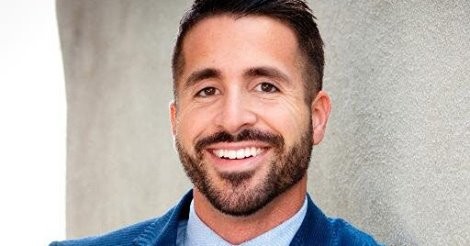The UCLA graduate student in the middle of controversy involving a gay marriage study retracted by Science Magazine, responded to the "unprecedented" attacks by the academic community. He stands by the social science study's findings that gay canvassers can impact voter attitudes about same-sex marriage.
Michael J. LaCour, PhD candidate at the University of California-Los Angeles (UCLA), provided a 23-page response on Friday, according to The Los Angeles Times. A research team published online information earlier this month that questioned the validity of a study he co-authored last December.
LaCour slammed the academic community for the journal Science's retraction of his study on Thursday. He called it "completely unprecedented."
The UCLA researcher argued that academia's ambush, which resulted in the science journal retracting his research paper, was indirect and had "no transparency." He added that he also lacked the protection that university professors have.
LaCour disputed a major complaint by the academic world that he wiped out all of the study's raw data, according to The New York Times. He explained that it was part of UCLA's guidelines to provide legal protection. If reporters "tracked...down" study participants, LaCour could face a class-action lawsuit.
However, an anonymous source familiar with UCLA's research guidelines responded to LaCour's claim. The guidelines only require university researchers to delete "unique identifiers," rather than the whole data set.
Donald P. Green is a well-respected political scientist at Columbia University. The raw data's destruction was one of the main reasons Green gave for requesting the journal Science to retract the research paper.
The UCLA doctorate candidate LaCour apologized for lying about some aspects of the study printed in the science journal. That included the study's funding and research methodology.
LaCour explained that he had lied about having $300,000 in research funding from sources such as the Ford Foundation, to add credibility to his study.
While LaCour claimed before that he had used money to attract study participants, he actually held raffles for various Apple products. This was due to a lack of grant money.
LaCour also admitted that he was not working with a particular survey company, as he had informed an LGBT group. He had chosen a different business.



























